How to take care of Mental Health during the COVID time

By Neeva Singh
Over 60 percent reported disruptions to mental health services for vulnerable people, including children and adolescents (72 percent), older adults (70 percent), and women requiring antenatal or postnatal services (61 percent) World Health Organization survey

Today we are in turbulent times and affected by the COVID-19 pandemic,.
The mental health and emotional well-being has been on stake.
During the COVID-19 people have faced serious challenges to their mental health.
Along with the health impacts of the disease, COVID-19 has brought with it uncertainty, altered daily routines, financial pressures, and social isolation.
Baseless information, comments without facts, and fabricated news can make your life feel out of your hands and make it hazy what to do.
Given are the methods and approaches on this page to manage your own mental well-being.
while also caring for patients during the pandemic COVID -19.
LOOK AFTER YOUR SELF
This strategy or method is good for your overall health mental as well as physical and can help you take to create balance in your life.
Look after your own health without any medical aid and protecting own well-being.
Caring your own body
One should develop an ability to promote health in themselves, families, and communities at large. One must be aware of their own health at the physical level.
Early sleep.
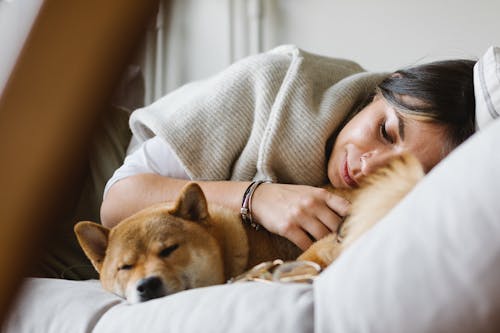
- It is said early to bed and early to rise makes a man healthy, wealthy, and wise. So go to bed and get up at the same time each day.
- Follow your typical schedule, even if you're staying at home.
Participate in regular physical activity.
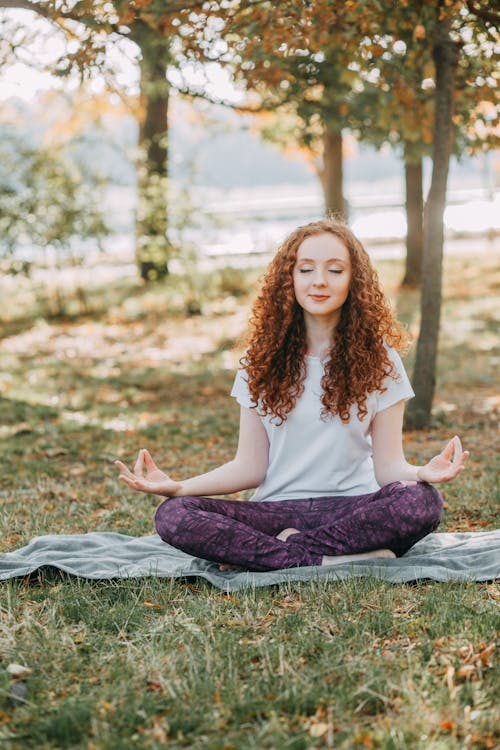
- Physical activity and exercise if performed regularly has the potential to enhance our well-being.
- It helps to increase our self-esteem, mental alertness, energy, and positive mood.
- Regular involvement in physical activity has a profoundly positive impact on depression, anxiety, and ADHD.
- Participate in outdoor activities in an area that makes it easy to maintain distance from people, such as a nature trail or your own backyard.
Food must be healthy and nutritious.
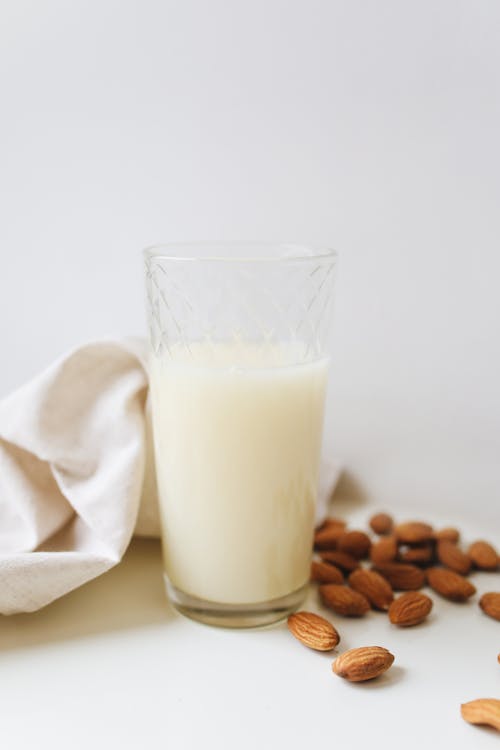
- One must strictly opt for a balanced diet.
- Junk food, packaged food, and refined sugars should be avoided.
- Intake of caffeine must be reduced as it can lead to stress and anxiety.
Tobacco, alcohol and drugs must be avoided.
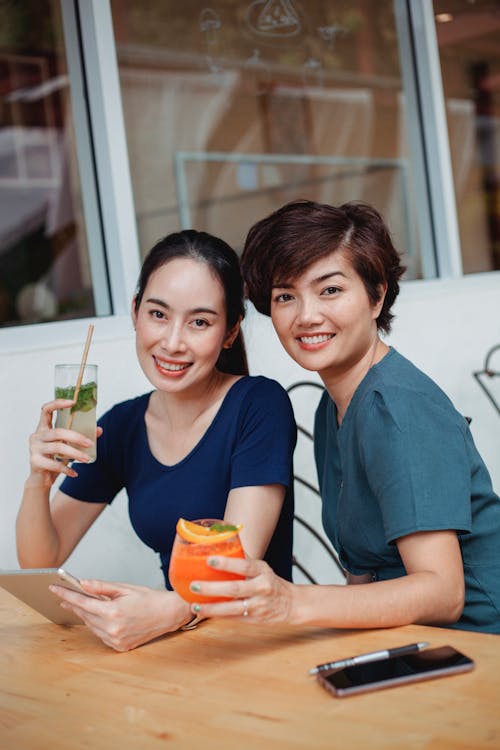
- Smokers and drunkards are already at higher risk of lung disease.
- The worst impact of COVID-19 is that it affects the lungs, your risk increases even more.
- Alcohol and other such drugs worsen the situation and reduce Coping Skills.
Less use of mobiles and other electronic device.

- Electronic devices should be used for less time each day, including 30 minutes before bedtime.
- Try to make a conscious effort to spend less time in front of a screen such as television, tablet, computer, and phone.
Recharge yourself with relaxation.
- If one is relaxed, it helps in quieten mind and ease out the stress. So meditative poses like Padmasana, Sukhasana and Siddhasana are beneficial to focus on ourselves.
- Sitting quietly for even a few minutes daily can be refreshing and help in calming your mind and reduce stress.
- Breathing practices benefit from pranayama are numerous in recharging our body and mind.
- Have a hot water bath, sit near a river, or enjoy trekking in mountains, listen to music, or read or listen to a book select any method to calm yourself.
CALMING YOUR MIND
Quiet mind, and an open heart and flowing energy is the beautiful balance for the life journey.

Follow your regular routine.
- We tend to get lethargic when any outdoor movement stops but maintaining a regular schedule is important for your mental health.
- You must follow a regular bedtime routine, keep consistent times for meals, bathing and getting dressed, work or study schedules, and exercise.
- Also, involve yourself in activities you enjoy. Routines will keep you engaged and balanced.
Break from media related to COVID.
- Everyday all types of media are filled with COVID-19 news that can heighten fears about the disease.
- We must try to take break and Limit use of such social media that may expose you to rumours and misinformation.
- You should also make a distance from reading, hearing or watching other news, but keep up to date on national and local recommendations.
Keep yourself busy.
- If we are involved in some fruitful activity it helps in moving away from the cycle of negative thoughts that feed anxiety and depression.
- Pursue your hobbies and passion with some creative modification that you can do at home, take an online course or training that suits you to upgrade, and involve yourself.
Do something positive to overcome your anxiety.
Develop positive thoughts.
- As per the law of attraction whatever we think that becomes reality.
- It is important to focus on the positive things in your life, instead of pondering on the negative things in your life.
- You must thank and feel grateful for the things you are blessed with.
- Develop a sense of hope, accept changes as they occur, and try to keep problems away.
Practice your belief system and spirituality.
- You should do prayer, meditation and mindfulness technique to calm down overthinking and worrying mind.
- If you follow your belief system, it has the power to relieve from pain, struggle and difficult times and it is a perfect way to achieve inner peace.
Set attainable goals.
- Don't confuse yourself by creating a life-changing list of things to achieve during the lockdown.
- Set measureable goals each day and make sure its possible to reach those goals.
- Research shows that how to achieve goals is matter of psychology and you focus all your energy on achieving that goal.
- When you learn to control your emotions and thoughts, you will feel empowered to accomplish anything.
DEVELOP CONNECTIONS
Cementing relationships and bringing people together:
Buiding bond & relations.

- If you are locked at home, distance yourself from others, avoid social isolation.
- You can make virtual connections by email, texts, phone, or Facebook, or similar apps.
- Share your experiences and coping tips with your co-workers and ask them to suggest tips if working remotely from home.
- Socialize virtually and talking to family members.
Do something for society.
- Serving society in such a turbulent situation develops compassion and kindness inside you.
- Studies indicate the very act of giving back to the community increases happiness, health, and mental peace.
- Go for virtual Volunteering like arranging setup of isolation centers arranging food for isolated and quarantined, tracking of medical supplies, arranging and distribution of relief materials, etc.
- If you offer help to someone it has a stronger positive impact on our mental health.
- Make sure to follow WHO guidelines and your government recommendations on social distancing.
Time for bonding.
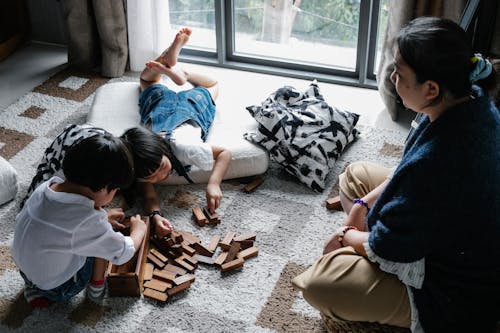
- COVID-19 has allowed growing closer to build emotional resilience and strengthen communication within your family Pandemic has given families a new lease of familial bonding.
- Whether it is huddling together on the couch to binge or watching favorite shows or gathering around the dining table for all three meals.
- Friends have taken an important role of family for the large percentage of people who live away from home.
ISSUES RELATED TO COPING WITH STRESS
Public health emergencies are stressful situations for people and communities.
In Jan 2021, 41% of adults reported symptoms of anxiety and depressive disorder.
Suicides rates have long been on the rise. Everyone reacts differently to stress, and it's normal to feel stress and worry during a crisis.
But numerous confrontations daily like the impact of the COVID-19 pandemic can push you beyond your ability to cope.
Even if make best efforts, you may find yourself feeling helpless, dejected, angry, irritable, without hope, anxious or full of fear.
You may face difficulty in concentrating on typical tasks, your appetite may change, start developing body aches and pains, or develops insomnia or find it difficult in doing daily chores.
If these symptoms persist for several days in a row which make you miserable and create difficulties in your daily routine, its time to ask for help
ASK FOR HELP IF NEEDED
You need to work extra hard to manage emotions as well during this unprecedented time.

You may naturally feel panic and anxiety.
If you are experiencing worsening mental health symptoms, ask for help when you need it, and be upfront about how you're doing. To get the help you may want to:
- Contact or call your close friends on social media.
- If you have a particular spiritual leader you can take advise in your faith community.
- You can contact your employee assistance program, if your employer has one, and get counselling or ask for a referral to a mental health professional.
- You can reach your primary care provider or mental health professional to ask about appointment options to talk about your anxiety or depression and get advice and guidance.


